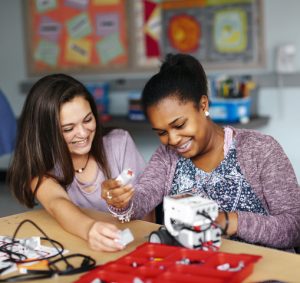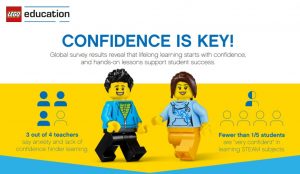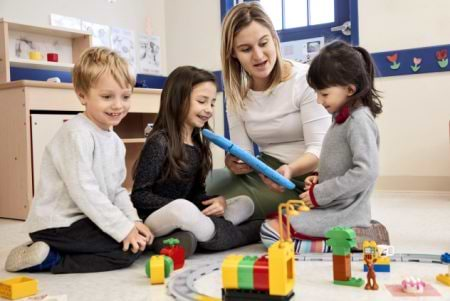Playful learning is one of the main ways in which children learn and develop. It helps to build self-worth by giving a child a sense of his or her own abilities and to feel good about themselves. Because it’s fun, children often become very absorbed in what they are doing.



-
Playful Learning helps children learn and develop
-
Playful Learning improves imagination
-
Playful Learning engages children

-
Playful Learning improves strategic thinking and problem solving
-
Playful Learning fosters effective communication
-
Playful Learning develops social skills

-
Playful Learning creates confidence in children

